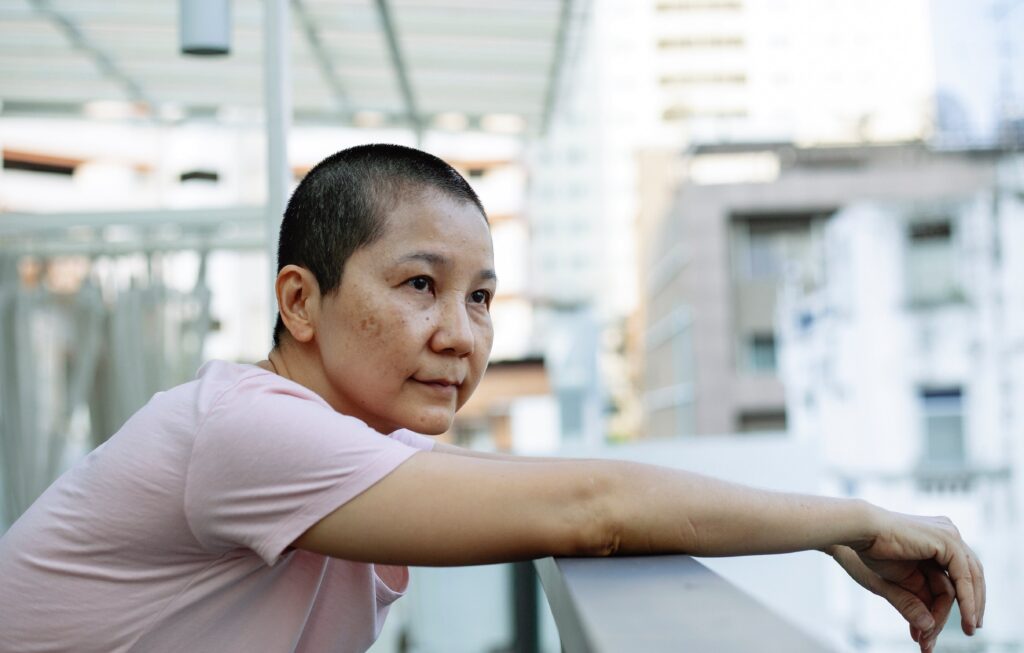Crohn’s Disease Symptoms in Females of Different Ages

Crohn’s Disease Symptoms in Females of Different Ages a chronic inflammatory bowel disorder that affects individuals regardless of age or gender. However, the manifestation of symptoms in females can vary, presenting unique challenges at different stages of life. In this comprehensive exploration, we’ll delve into the intricacies of Crohn’s disease symptoms in females across various age groups, shedding light on the nuances that impact diagnosis, treatment, and overall well-being.

Childhood and Adolescence:
Crohn’s disease can onset during childhood or adolescence, bringing distinctive challenges for young females. Symptoms may include abdominal pain, diarrhea, and delayed growth. The impact on puberty and social dynamics can also be significant, requiring a comprehensive approach that considers both physical and emotional well-being.
Reproductive Years – Crohn’s Disease Symptoms in Females of Different Ages
The reproductive years encompass a critical period for females, introducing additional considerations for those with Crohn’s disease. Hormonal fluctuations during the menstrual cycle may influence symptom severity. Fertility concerns and the management of symptoms during pregnancy are pivotal topics that require careful attention and collaboration between patients and healthcare providers.
Menopausal Transition
As females enter menopause, hormonal changes once again come into play. While menopause itself does not cause Crohn’s disease, the hormonal shifts may impact the severity of symptoms. Additionally, the challenges of aging, coupled with the long-term effects of the disease, necessitate a tailored approach to symptom management.
Gynecological Complications:
Crohn’s disease can lead to various gynecological complications, impacting females of all ages. From pelvic inflammation to an increased risk of certain cancers, regular gynecological check-ups are crucial for early detection and proactive management. Education and awareness are essential to empower females to prioritize their reproductive health.

Emotional and Mental Health Considerations:
Living with Crohn’s Disease Symptoms in Females of Different Ages can take a toll on mental health, but the challenges may differ across the lifespan. For younger females, there may be concerns related to body image and social interactions.
In later years, coping with the long-term implications of the disease and its impact on daily life becomes a focal point. Mental health support tailored to these specific age-related challenges is imperative.
Diagnosis Challenges
Diagnosing Crohn’s disease in females of different ages can present unique challenges. In children, symptoms may be initially attributed to other common childhood ailments, leading to delays in diagnosis. In older females, symptoms may be mistakenly associated with aging or menopause.
Increased awareness among healthcare providers and the public is crucial for early and accurate diagnosis.
Treatment Approaches
Crohn’s Disease Symptoms in Females of Different Ages treatment approaches to the age-specific needs of females with Crohn’s disease is essential. For younger patients, growth and development considerations must be factored into the treatment plan. During reproductive years, medications must be chosen carefully to ensure safety during pregnancy and breastfeeding. In later years, managing coexisting conditions becomes increasingly important.
Coping Strategies for Females of All Ages
Empowering females with Crohn’s disease involves providing practical coping strategies tailored to their age-specific challenges. Educational resources, support groups, and lifestyle recommendations can aid in managing symptoms and enhancing overall quality of life. Encouraging open communication with healthcare providers fosters a collaborative approach to care.
Lifestyle Modifications – Crohn’s Disease Symptoms in Females of Different Ages
Lifestyle modifications play a crucial role in managing Crohn’s disease symptoms across all age groups. From dietary adjustments to stress management techniques, finding a balance that aligns with the unique needs and preferences of females at different stages of life is key to effective symptom management.

Conclusion Crohn’s Disease Symptoms in Females of Different Ages
Understanding and navigating Crohn’s disease symptoms in females across various age groups require a nuanced and comprehensive approach.
By addressing the challenges specific to childhood, adolescence, reproductive years, menopause, and beyond, females can optimize their health outcomes. This article serves as a guide, providing insights and support for females of all ages as they navigate the complexities of living with Crohn’s disease.
Related Articles
About the Author

0 Comments